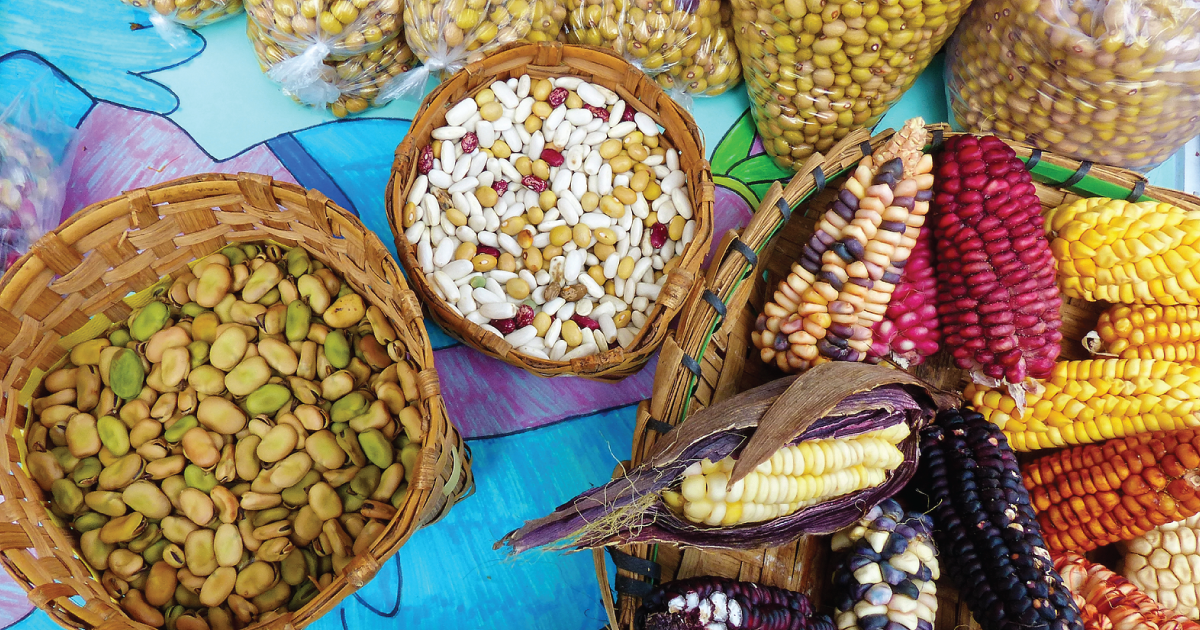
Op-Ed: How Patents Threaten Small Seed Companies
When Brian Campbell and Crystine Goldberg of Uprising Seeds in Bellingham, Washington, opened a letter from German multinational chemical company BASF, they were caught off guard.
September 11, 2020 | Source: Civil Eats | by Kristina "Kiki" Hubbard
The use of wide-ranging utility patents by a few powerful multinational corporations could make it harder for small companies to breed future crops.
When Brian Campbell and Crystine Goldberg of Uprising Seeds in Bellingham, Washington, opened a letter from German multinational chemical company BASF, they were caught off guard.
The letter asserted the company’s patent rights associated with a long list of vegetable types and said that “unlicensed or unauthorized use” of BASF technology and/or germplasm is a violation of the company’s intellectual property rights. The descriptions ranged from tomatoes “having pink fruits” to the more broad “drought tolerant plants” and “onions with high storage ability.”
And while the letter didn’t actually accuse Campbell and Goldberg—whose company made under $500,000 in sales in 2019, compared to BASF Group’s $69 billion—of violating BASF’s IP rights, it did sound threatening to them.
“It’s surprising that we would receive this letter unprompted,” said Brian. And yet, he and his partner are all too familiar with the dominant seed players. In fact, the couple started growing and selling regionally adapted, organic seed in 2007 in an effort to create an alternative to the highly consolidated global industry. They saw how the largest firms were prioritizing the interests of shareholders at the expense of the public good.
